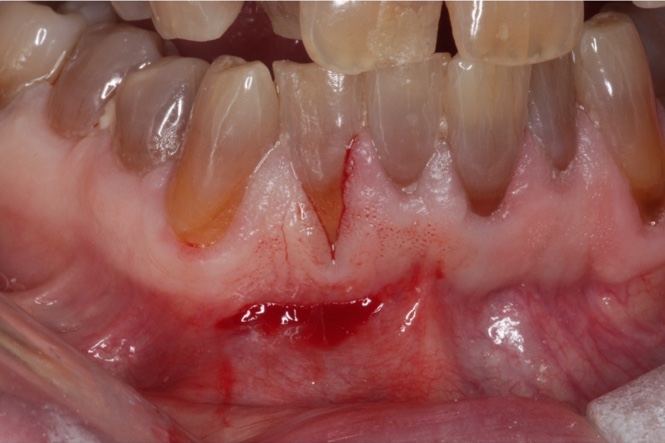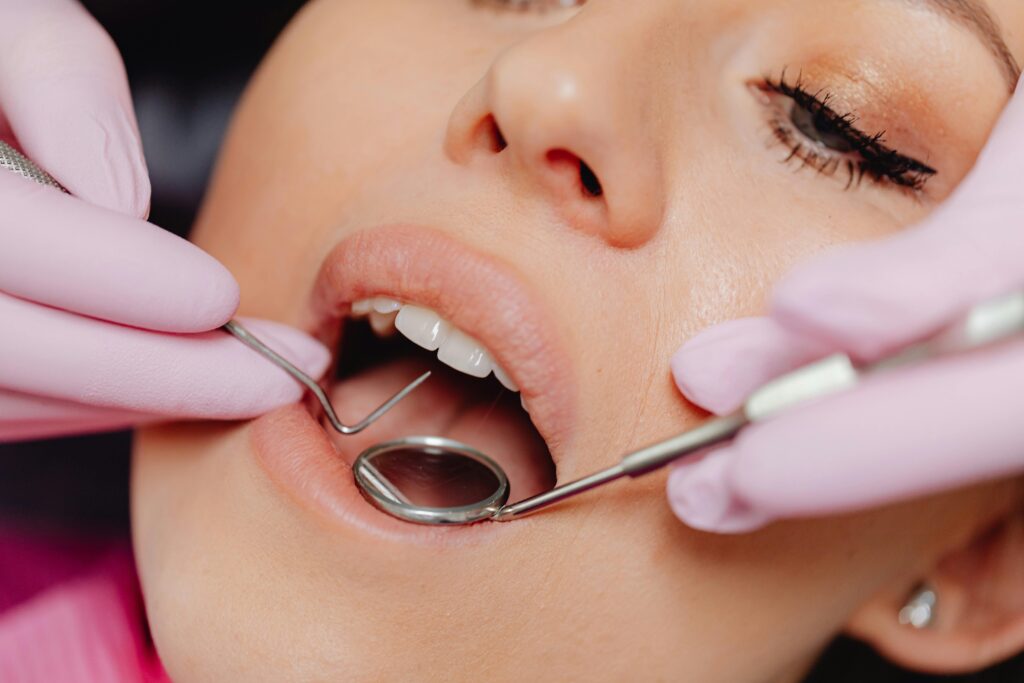When people think about dental care, they usually focus on brushing, flossing, and dental checkups. While those habits are important, your oral health also depends on the nutrients your body absorbs. One nutrient that often gets overlooked is Vitamin D, also known as the “sunshine vitamin.”
What Is Vitamin D?
Vitamin D is a fat-soluble nutrient that helps your body absorb calcium and phosphorus. These minerals are essential for building and maintaining strong teeth and bones.
There are two main forms of Vitamin D. Vitamin D2 comes from plant-based sources, while Vitamin D3 is produced in your skin with sun exposure and is also found in animal products. Vitamin D3 is generally more effective at raising and maintaining healthy Vitamin D levels in your body.
Why Vitamin D Is Essential for Oral Health
It Strengthens Tooth Enamel
Vitamin D allows your body to absorb calcium and phosphorus more efficiently. These minerals help form and strengthen enamel, the outer layer of your teeth that protects against decay.
It Enhances Gum Health
Vitamin D helps reduce inflammation and supports your immune system. Healthy levels of Vitamin D are associated with a lower risk of gum disease.
It Supports Jawbone Strength
Your jawbone supports your teeth. Without enough Vitamin D, bones may weaken over time. Maintaining good Vitamin D levels helps preserve bone density, especially important for procedures like dental implants and bone grafts.
It Promotes Healing
After dental procedures such as extractions or surgery, Vitamin D can assist with faster, smoother healing by supporting immune function and tissue repair.
Recommended Daily Intake of Vitamin D
The amount of Vitamin D you need depends on your age and exposure to sunlight. Here are the general recommendations:
- Children (ages 1–18): 600 IU per day
- Adults (ages 19–70): 600 to 800 IU per day
- Seniors (70 and older): 800 IU per day
In regions with limited sunlight, such as New England, people may require 1,000 to 2,000 IU per day. A healthcare provider can help determine the right amount for you.
Vitamin D Challenges in New England
Limited Sunlight in Belmont and Cambridge
People living in New England often get less sunlight, especially during fall, winter, and early spring. In places like Belmont and Cambridge, MA, residents may spend many months indoors. As a result, the body produces less Vitamin D naturally, increasing the risk of deficiency.
Reduced Synthesis from Indoor Lifestyles
Even in the summer, daily routines that keep people indoors or the use of sunscreen can lower Vitamin D production. This makes dietary sources or supplements even more important.
Signs You May Be Low in Vitamin D
Common signs of Vitamin D deficiency that affect oral health include:
- Frequent cavities or increased tooth sensitivity
- Swollen, bleeding, or sore gums
- Slow healing after dental procedures
- Weak or aching jawbone
- Fatigue or recurring illness
If you notice any of these symptoms, speak with your dentist or doctor. A simple blood test can measure your Vitamin D levels.
Foods Rich in Vitamin D
Here are some foods that naturally contain or are fortified with Vitamin D:
|
Food |
Vitamin D per Serving (IU) |
|
Salmon (3 oz) |
450–600 IU |
|
Fortified milk (1 cup) |
100–130 IU |
|
Egg yolk (1 large) |
40 IU |
|
Fortified cereals |
40–100 IU |
|
Canned tuna (3 oz) |
150–250 IU |
|
Fortified orange juice |
100 IU |
|
Cod liver oil (1 tsp) |
450 IU |
|
Sun-exposed mushrooms |
100–400 IU (varies) |
Eating a variety of these foods can help support healthy Vitamin D levels year-round.
Should You Consider a Vitamin D Supplement?
If sunlight and diet do not provide enough Vitamin D, supplementation may be helpful. Vitamin D3 is typically more effective than D2. Always speak with a healthcare provider before starting any new supplement, especially if you take other medications or have medical conditions.
Vitamin D and Dental Treatments
Vitamin D plays an important role in supporting successful outcomes for several dental procedures. It contributes to better results with:
- Dental implant healing and integration
- Bone graft stability
- Periodontal therapy
- General post-operative recovery
At Dental Restorative Group in Belmont and Cambridge, we evaluate Vitamin D status as part of your treatment plan to promote long-term success.
Our Comprehensive Approach to Oral Health
We believe in whole-health dentistry. That means we consider how your overall wellness, including your nutrition, influences your oral health. Supporting proper Vitamin D levels is one of the ways we help our patients achieve lasting smiles.
Final Thoughts: A Small Nutrient That Makes a Big Difference
Vitamin D is essential for strong teeth, healthy gums, and quick recovery after dental procedures. If you live in New England, including Belmont or Cambridge, it is especially important to make sure your levels are where they should be. A healthy smile begins with a healthy foundation.
Schedule Your Appointment Today
Have questions about how Vitamin D affects your smile? Let’s talk about it during your next visit.
FAQs
- Can Vitamin D help prevent cavities?
Yes. Vitamin D supports calcium absorption, which helps strengthen enamel and reduce cavity risk. - How can I find out if I am low in Vitamin D?
Your doctor can order a blood test to check your Vitamin D levels. - Is Vitamin D2 as effective as Vitamin D3?
Vitamin D3 is more efficient at raising and maintaining adequate levels in the body. - Can I get enough Vitamin D from food alone?
It is possible, but many people need supplements or added sunlight to meet daily needs. - Does Vitamin D affect the success of dental implants?
Yes. Proper Vitamin D levels help improve bone healing and implant integration. Ask us how it may support your specific treatment.





